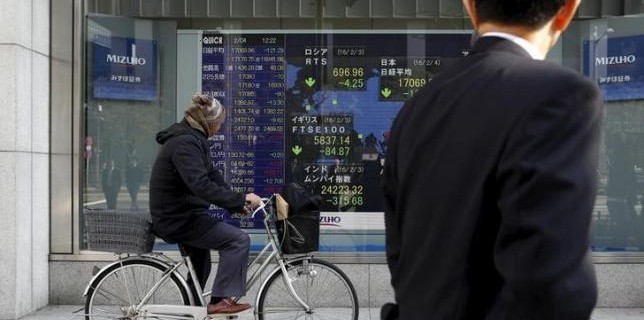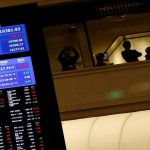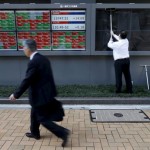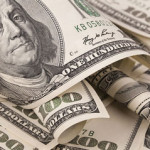Asia currencies jump after weak US jobs report dents Fed interest rate hike hopes

Asia currencies got a bump up Monday after the dollar took a hit from a weaker-than-expected U.S. jobs report, but it isn’t clear if the move is sustainable.
U.S. nonfarm payrolls rose by only 38,000 in May, a far cry from the 162,000 expected, throwing shade on broadly telegraphed expectations that the U.S. Federal Reserve would hike interest rates in June or July.
Analysts quickly reset their rate-hike expectations.
“It does look like in the second quarter we’ve seen a sequential slowdown in U.S. growth. That closes June, that probably closes July,” Robert Rennie, global head of foreign-exchange strategy at Westpac Bank, told CNBC’s “Squawk Box.”
The data put a dead hand on the dollar’s recent rally: The dollar index, which measures the greenback against a basket of currencies, dropped as low as 93.867 Friday after the data from as high as 95.638 before the release. The dollar index was at 94.244 at 12:14 p.m. SIN/HK.
Asian currencies climbed against the dollar, with the greenback fetching as few as 106.35 yen early Monday, down from levels over 109 yen on Friday. Among other currencies, the dollar fell to as low as 1.3559 Singapore dollars from as much as S$1.3773 before the data Friday. The Australian dollar rose, fetching as much as $0.7391, compared with as little as $0.7214 before the release.
Even Malaysia’s ringgit, suffering from a combination of weak oil prices, stumbling export demand and a long-running corruption scandal, got a boost, with the U.S. dollar at as low as 4.08 ringgit, compared with 4.1530 ringgit before the data.
But analysts were divided on whether the Asian currency rally would last, with Fed chief Janet Yellen’s speech later Monday likely to be closely watched for cues on whether the central bank will stay its currently telegraphed course.
“For the next day, maybe the next few days, possibly this week, you could see the market on the back foot as the dollar digests this number and what exactly it means for policy,” Kenneth Akintewe, senior investment manager at Aberdeen Asset Management, told CNBC’s “Rundown.”
“There is the possibility they try and keep a near-term move on the table for the mere fact that later in the year we have the U.S. presidential elections which may make it difficult to do anything around that time,” Akintewe said.
But he added that the dollar may give back its initial moves, citing the June 23 “Brexit” referendum on whether the U.K. will remain a member of the European Union. He noted that polls have indicated a close vote.
“There’ll be some volatility in the market and (that will) inspire some dollar strength,” he said.
Others also are expecting the rally to peter out.
“Enduring gains in emerging market/Asia assets look like a long shot at this juncture,” Vishnu Varathan, an analyst at Mizuho Bank, said in a note Monday. “The proof of the pudding is in the absence of follow-through rallies in Asian foreign-exchange.”
He said that the jobs data provided more uncertainty over global economic prospects, and that will likely erode confidence in the region.
Patrick Bennett, a foreign-exchange strategist at CIBC, agreed: “Weaker U.S. or global activity is not positive for external demand leveraged Asian economies,” he said in a note Monday, adding that he expects regional policymakers will continue to aim to keep their currencies relatively weak on a trade-weighted basis.
Source: CNBC





























